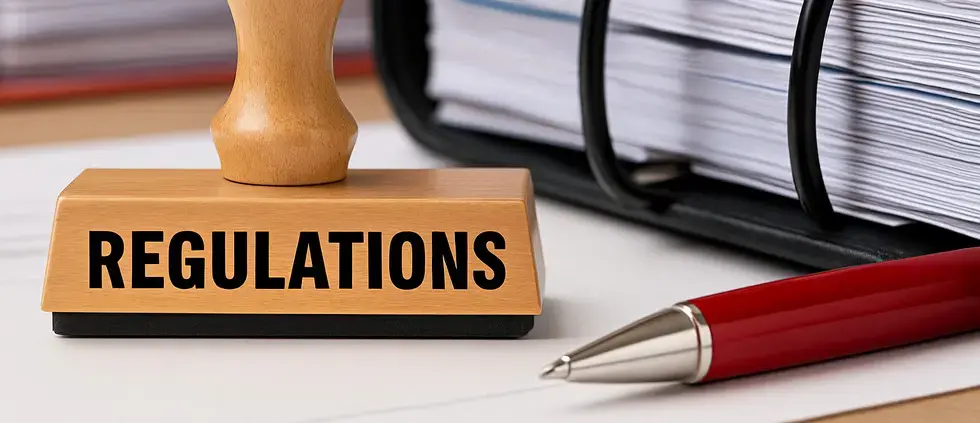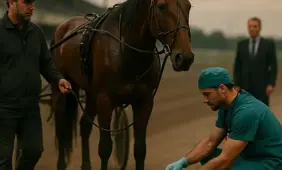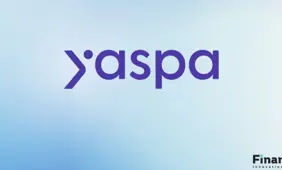KSA Chair Calls for a ‘Gambling Interpol’ to Tackle Growing Black Market
Michel Groothuizen has proposed an international enforcement body to target illegal gambling.

Groothuizen Proposes International 'Gambling Interpol'
At the IAGR 2025 conference on October 21, Michel Groothuizen, chair of the Dutch gambling regulator Kansspelautoriteit (KSA), urged the creation of an international agency to combat the rise of unregulated gambling operators. He described the concept as "a sort of gambling Interpol" and said such a body could co-ordinate cross-border action against offshore platforms exploiting regulatory gaps across Europe and beyond.
Groothuizen framed the proposal as a response to a persistent problem that has undermined domestic regulatory reforms in jurisdictions such as the Netherlands. "We regulated to counter the illegal market," he told delegates, adding that the Dutch licensing regime was the product of years of work involving numerous stakeholders. But he warned that legal frameworks alone cannot succeed without effective international enforcement.
He acknowledged trade-offs between safeguarding internet freedoms and clamping down on illicit sites: the Netherlands' reluctance to implement IP blocks or to take down offending domains, Groothuizen said, has limited the impact of domestic rules. "Protecting an open internet has been a deliberate policy choice; yet it has inhibited our ability to prevent offshore operators from reaching Dutch players," he said.
Regulatory Friction, Channelization Rates and Policy Options
Groothuizen’s remarks come amid worrying channelization metrics in the Dutch market. Recent KSA figures show roughly 90% of players use licensed operators, yet gross gaming revenue (GGR) channelization remains below 50%. That imbalance implies the remaining 10% of players wagering with unregulated firms account for about half of betting turnover — a concentration that raises consumer-protection and tax-enforcement concerns.
Those numbers have driven tougher consumer safeguards in the Netherlands, from mandatory player protection tools to strict advertising controls, including a ban on untargeted mass-market ads. The measures aim to limit harm, Groothuizen explained, but they have also created tension in the licensed sector by deterring some high-value players and reducing the licensed market’s competitiveness.
Some politicians have pushed for an outright ban on gambling advertising, but the KSA chair opposed such an approach. He argued that making legal operators less competitive could further weaken channelization, worsening rather than solving the problem. "We must balance harm reduction with preserving a viable regulated market; otherwise the black market fills the gap," Groothuizen said.
Industry stakeholders and regulators across Europe have signalled growing interest in deeper cooperation. Organizations such as the European Gaming and Betting Association (EGBA), national regulators like the UK Gambling Commission and Malta Gaming Authority, and law-enforcement partners including Europol have all warned about the shifting tactics of offshore providers, from using alternative payment rails to exploiting weak advertising oversight.
Implementing an international enforcement mechanism would require legal frameworks for information sharing, joint investigations, and technical measures such as domain take-downs and coordinated payment-blocking. Groothuizen conceded those steps would be politically and operationally complex but said dialogue among regulators is improving.
More Regulation News
 Regulation
Regulation
Hernandez Breaks Silence After UFC 324 Fight Canceled over Suspicious Betting
Feb 02, 2026Enforcement Tools and Practical Steps
If gambling regulators opt to pursue a multilateral model, immediate priorities would include harmonizing data-sharing protocols, establishing rapid-response teams to disrupt high-risk operators and exploring joint approaches with internet infrastructure providers and financial institutions. Cooperation with Interpol and Europol on transnational investigations could serve as a template, using existing criminal-law instruments rather than creating an entirely new police agency.
Groothuizen said he welcomed the ongoing conversations with international counterparts and viewed the proposal as a call to accelerate technical and legal collaboration rather than a finished blueprint. "We are not prescribing a single model today, but the message is clear: national regulation alone cannot curtail a global illicit market," he said.
As national regulators update their toolkits, policymakers in Brussels and member-state capitals will face tough choices about internet freedom, consumer protection and enforcement funding. The debate over a "gambling Interpol" underscores the wider challenge regulators face: protecting players in an industry where technology and cross-border commerce constantly outpace traditional oversight.
RELATED TOPICS: Regulation
Most Read
Mississippi Committee Advances Bill to Criminalize Online Sweepstakes Casinos
Jan 29, 2026Giuseppe Iadisernia Wins Seminole Hard Rock Lucky Hearts Poker Open Championship
Jan 28, 2026Must Read
 Interviews
Interviews
Exclusive Interview: Levon Nikoghosyan Shares AffPapa Winning Formula for Successful iGaming Events
Dec 03, 2025 Interviews
Interviews





Review this New Post
Leave a Comment
User Comments
Comments for KSA Chair Calls for a ‘Gambling Interpol’ to Tackle Growing Black Market